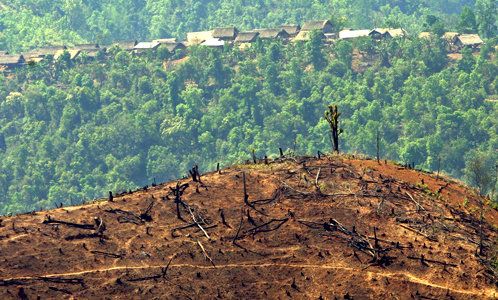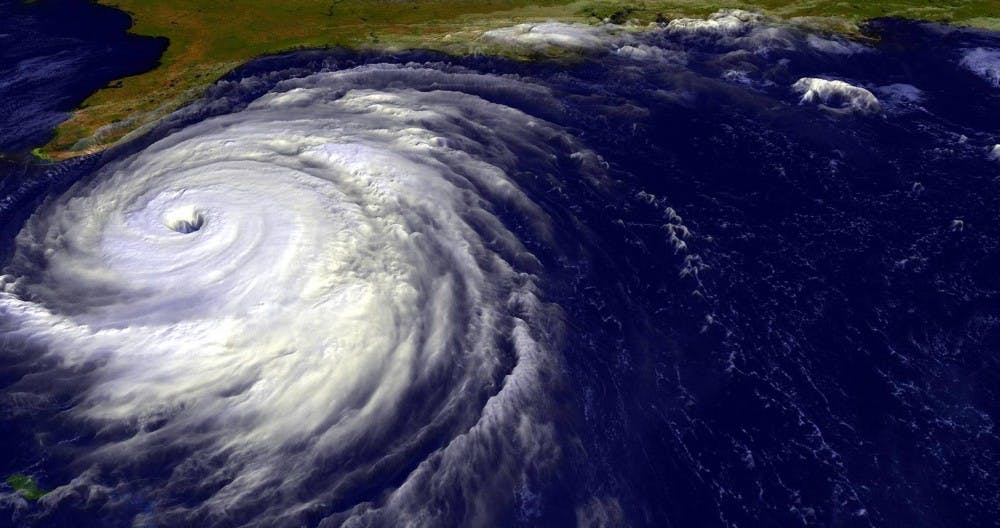By REGINA PALATINI Senior Staff Writer
An old saying goes, “You can’t do anything about the weather,” but a new study suggests that human activities may have more of an effect on the Earth’s climate than we once thought. The study, “Explaining Extreme Events of 2014 from a Climate Perspective,” was published in the Bulletin of the American Meteorological Society and discusses the human and natural causes of severe weather events in 2014. It suggests that the influence of human actions, such as land use and greenhouse gas emissions, contributed to the intensity of some of the events around world. Heavy rain in Europe, drought conditions in Africa and excessive heat in Australia, the study says, were all exacerbated by the effects of human activity. When sunlight reaches the Earth’s surface it can either be reflected back into space or absorbed by the Earth. Once absorbed, the planet releases some of the energy back into the atmosphere as heat. Greenhouse gases, such as water vapor, carbon dioxide and methane, absorb energy and reduce the amount of heat lost to space. Greenhouse gases therefore act like insulation, keeping Earth warmer than it would otherwise be in the process known as the “greenhouse effect.” The vast majority of climate scientists agree that human activity exacerbates the greenhouse effect, causing the current global warming trend.

According to the World Meteorological Association, human modification of the landscape, such as cutting down forests to make room for farmland, has led to a change in the amount of sunlight that the Earth reflects back into space. These land modifications account for about one-fifth of the total impact of greenhouse gas emission on climate change. The report is a culmination of the work of 32 teams of scientists that investigated 28 severe weather events around the world. The researchers focused on the factors that led to the events and to what level natural variability and climate change caused by human activities were an influence. They found that the overall likelihood of wildfires in California, tropical cyclones in Hawaii and extreme heat events across the world increased because of human-caused climate change. In Argentina, a recent heat wave was found to be five times more likely due to human-caused climate change. “Understanding our influence on specific extreme weather events is ground-breaking science that will help us adapt to climate change,” Stephanie C. Herring, lead editor for the report at NOAA’s National Centers for Environmental Information, said in a press release. “As the field of climate attribution science grows, resource managers, the insurance industry and many others can use the information more effectively for improved decision making and to help communities better prepare for future extreme events.” In order to address these global warming and climate change issues, experts from the United Nations Environment Programme suggest that countries change their patterns of energy use and work toward less carbon-intensive energy generation and transportation as well as better forest and land use. A growing number of countries have taken on this challenge, and there are many things individuals can do. Consumers have more options to purchase electricity generated from renewable sources, drive more energy-efficient vehicles, use public transportation, and transition to more energy-efficient household products.





